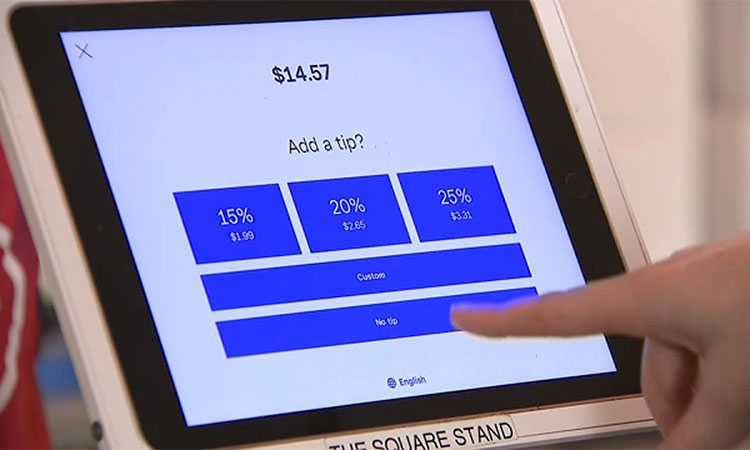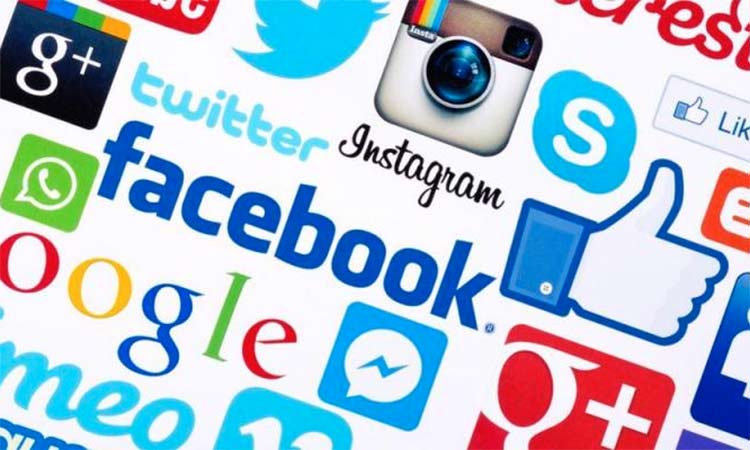Tipping too much? We’ve got debate all wrong

Illustrative image.
Meredith Clark, The Independent
One of life’s simple pleasures is the occasional overpriced coffee at my local Brooklyn café. Even before placing an order, I have reckoned with the fact that I’ll be paying upwards of $6 for an iced oat milk latte. As the cashier rings me up, I’m faced with the obligatory iPad screen prompting me to choose between three tip percentages (and, of course, the custom tip option).
Whether it’s my four-year experience in the service industry, or my susceptibility to “guilt tipping,” I’ve never hesitated to leave a 20 per cent tip for baristas, restaurant servers, or food delivery drivers. But for others, being prompted to leave a tip at almost any establishment – including self-checkout lines, airports and grocery stores – is reflective of a tipping culture gone out of control.
A recent report from The Wall Street Journal suggested that Americans have turned a corner on their once-revered tradition of tipping workers for a job well done. Tipping practices have rapidly changed in recent years, with customers unsure exactly how much is an appropriate amount to tip.
The increased use of tip screens has been called an example of “tip creep” — a phenomenon that has seen companies prompting customers to leave more sizable tips in the wake of the Covid-19 pandemic. Many people claimed they were prompted to leave a 20 per cent tip for an already expensive bottle of water or bag of chips at the airport. Others say guilt-tripping customers into tipping when they normally wouldn’t is “emotional blackmail”.
We need to take a step back. Living in New York City has become almost unaffordable. A new report from the Fund for the City of New York found that half of New Yorkers are struggling to cover their basic needs, such as housing, food, health care, and transportation. From rising monthly rent to the cost of living crisis, this city will only get more expensive.
This likely contributes to complaints around constantly being asked to leave a tip, the classic: “Everything is expensive as it is, why should I pay $8 for a $6 coffee?” And while that’s a valid concern, the debate surrounding tipping requires a major shift in focus. Why are we directing our outrage towards the customer-facing workers, who probably feel equally as awkward flipping the iPad screen, rather than the businesses that refuse to pay their employees a living wage?
For many, tips are necessary in the restaurant industry. Servers are often paid minimum wage, so rely on gratuity to support themselves. Sure, prompts to leave a tip have become more common at self-checkout lines, where — more often than not — employees aren’t present to help customers scan and bag items. This leaves people wondering who’s actually receiving the tips collected at self-checkout lines. But should workers be punished? Maybe it is in fact the businesses that are taking advantage of the rise in tip screens. Many experts say self-checkouts are just a way to cut down on labour costs. Tip prompts transfer the responsibility of fair wages onto the customer, rather than the employer.
Meng Zhu — a professor at Johns Hopkins who studies consumer decision-making and marketing — recently told Vox that not only does simply asking people to leave a tip push someone into doing exactly that, but it’s also designed to push the customer into leaving an amount that the business “suggests.” Some would say that our age-old tipping system reflects the beauty of capitalism — excuse me while I stifle a laugh. It was always up to the customer to decide how to tip, rather than a tip screen presenting them with three limited options. It’s easy to conclude that our outrage towards modern-day tipping culture simply comes down to the Americanism of not liking being told what to do.
Frankly, there’s no winning this debate aside from — heaven forbid — paying people higher wages. If the price of goods and services were to increase in order to support workers without tips, then people would find a way to complain about rising costs. But if tipping culture was to return to the ‘good old days’, before the invention of those blasted iPad screens, then it’s likely customer-facing workers won’t be making the money they deserve.
Perhaps shifting the blame onto business owners is the only way we can absolve ourselves of this so-called tipping crisis, rather than punishing servers.







